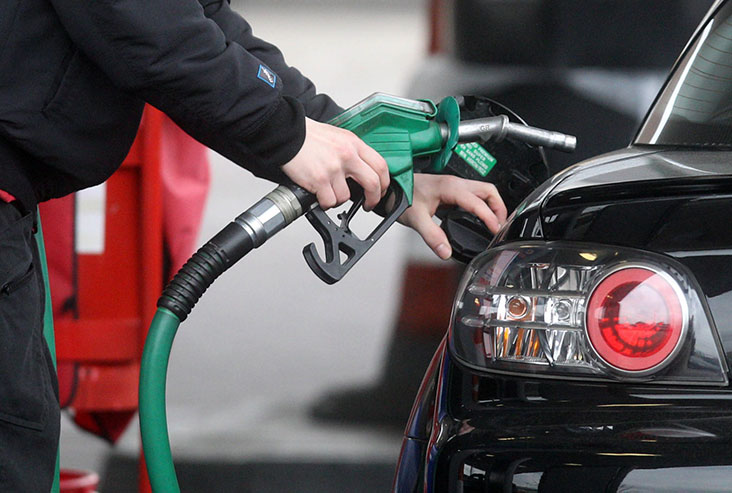Search Our Inventory

Replacement Engines
Used Rebuilt Remanufactured
Any Make And Model

Any Make And Model

In recent years, the rise of electric vehicles (EVs) has raised questions about the future of petrol cars. As governments and consumers become increasingly concerned about climate change and air pollution, there is a growing push towards greener transportation options. However, despite the growing popularity and advancements in electric technology, petrol cars still have a future, although their dominance may decline over time.
One of the main advantages of petrol cars is their widespread availability. Petrol stations are abundant, making it convenient for drivers to refuel their vehicles. On the other hand, the infrastructure for charging electric vehicles is still developing, and it may take time before it reaches the same level of accessibility. Additionally, petrol cars have a longer range than most electric vehicles, allowing for longer journeys without the need for frequent recharging.
Another factor contributing to the future of petrol cars is their affordability. While electric vehicles have become more affordable in recent years, they still tend to have a higher upfront cost compared to their petrol counterparts. This price difference can be a significant deterrent for consumers, especially in regions where government incentives and subsidies for EVs are limited. Petrol cars also have a well-established second-hand market, providing more options for budget-conscious buyers.
Furthermore, advancements in petrol engine technology are improving fuel efficiency and reducing emissions. Car manufacturers are investing in research and development to make petrol engines more environmentally friendly. With stricter emission regulations being implemented worldwide, petrol cars are becoming cleaner and more efficient. This allows them to remain a viable option for those who are not yet ready or able to switch to electric vehicles.
It is important to note that the future of petrol cars does not necessarily mean the end of internal combustion engines (ICEs). Many car manufacturers are exploring alternative fuels, such as biofuels and synthetic fuels, which can be used in existing petrol engines. These fuels have the potential to significantly reduce carbon emissions and prolong the lifespan of petrol cars, making them a more sustainable choice.
While the future of petrol cars may not be as dominant as it once was, they still have a place in the automotive industry. The convenience, affordability, and continuous improvements in petrol engine technology contribute to their longevity. As the world transitions towards a greener future, petrol cars may become a niche market, but they are unlikely to disappear entirely. It is essential for the automotive industry to embrace a combination of electric and petrol vehicles to meet the diverse needs and preferences of consumers.